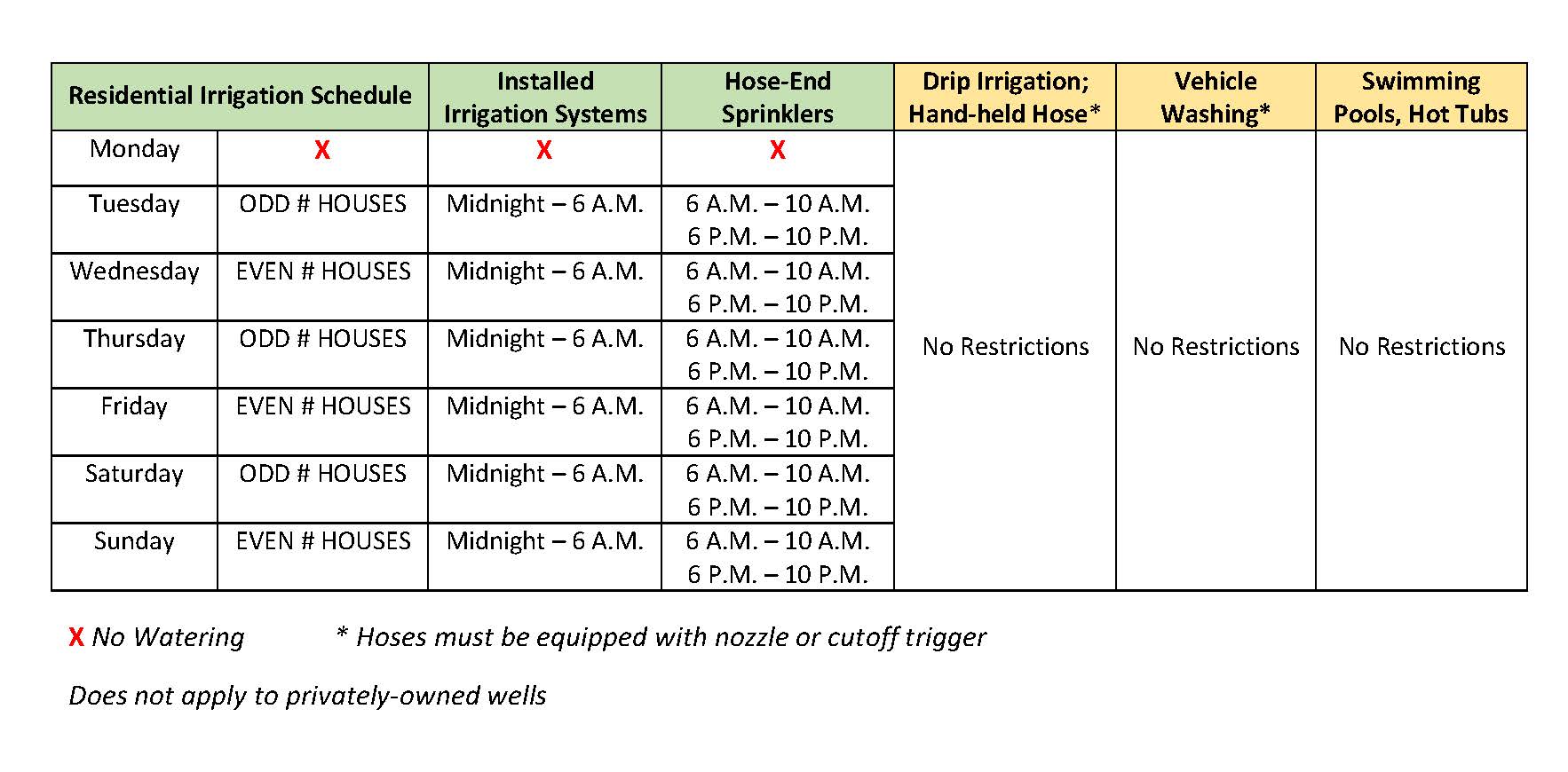All CFPUA customers remain under a voluntary water conservation advisory as work proceeds to repair a significant leak in a Lower Cape Fear Water and Sewer Authority (LCFWASA) raw water line.
CFPUA is currently able to meet demands for drinking water with the limited amount of raw water being received from LCFWASA and from its own raw water transmission main, which is unaffected by the leak. In addition, CFPUA crews have been working to keep water tanks and other storage in the system as full as possible and water system interconnections and emergency wells are ready for use, if needed.
If emergency wells are used, some customers may notice a different taste or smell or cloudiness in their tap water. This is not a safety or health issue. The water remains safe for drinking and other uses.
What has occurred: A leak in the 48-inch raw water transmission line was identified Friday, November 5, after crews from Brunswick County investigated the cause of water pressure and flow changes in a LCFWSA raw water transmission main leading from the Kings Bluff Pump Station. This section of the line provides raw Cape Fear River water for treatment to CFPUA and Pender County, which are customers of LCFWSA. An estimated 30 to 35 million gallons per day of raw water from the Cape Fear River is escaping the pipeline from the leak. This section of the line provides raw Cape Fear River water for treatment to CFPUA and Pender County, which along with Brunswick are customers of LCFWASA. CFPUA and Pender County are continuing to receive reduced amounts of raw water from the line. CFPUA has so far been able to meet customers’ drinking water demands. To ensure this continues and that sufficient water is available for all customers and for emergency use such as firefighting, CFPUA on Friday placed all customers under a voluntary water advisory, which continues to be in effect. Crews from CFPUA, Brunswick, and Pender were on-site over the weekend to assess the situation and formulate repair plans. Brunswick County’s emergency contractor also took steps to stabilize the pipe in the area of the leak.

Plans for repairs: Staff from CFPUA, Brunswick, Pender, and LCFWASA agreed on a plan to repair the leak. Final repair is expected to take a number of weeks. Most of this time will be spent constructing roads, laydown yards, and other infrastructure required to operate heavy equipment and store materials in the remote, swampy location. Materials needed to complete repairs also will be acquired during this time. Once the infrastructure is in place and materials are on hand, crews will:
- Install a temporary bypass around the leak to restore flow. Once this is in place, it may be possible to lift water conservation measures, depending on conditions.
- Permanently repair the leak.
- Remove the bypass.
Voluntary water conservation measures remain in place: Until otherwise notified, all CFPUA customers are under a voluntary water conservation advisory. This is necessary to implement additional mandatory water use rules to protect the public health, safety, and welfare through the provision of adequate water for essential water use.
Ensuring that water supply continues to be sufficient to meet demands while these repairs are completed – and avoiding mandatory restrictions – depends in large part on all customers taking simple steps to ensure they are mindful about their water use, including:
- Abiding by the following irrigation schedule:

- Limiting showers to 5 minutes; doing so can save up to 1,000 gallons per month.
- Turning off the water while brushing your teeth and save up to 4 gallons per minute.
- Only running washing machines or dishwashers when full.
- Using a broom, rather than a hose, to clean driveways and patios.
- Postponing washing vehicles at home or using a commercial car wash, which uses recycled water.
- Disposing of tissues and sanitary products in the trash rather than flushing them – this also helps protect our community’s sewer system.
Click here for sharable factsheets on saving water indoors and outdoors.
For more tips on water conservation, visit CFPUA.org/Conserve.
CFPUA will provide updates on this developing situation on CFPUA.org or our social media pages on Facebook and Twitter.